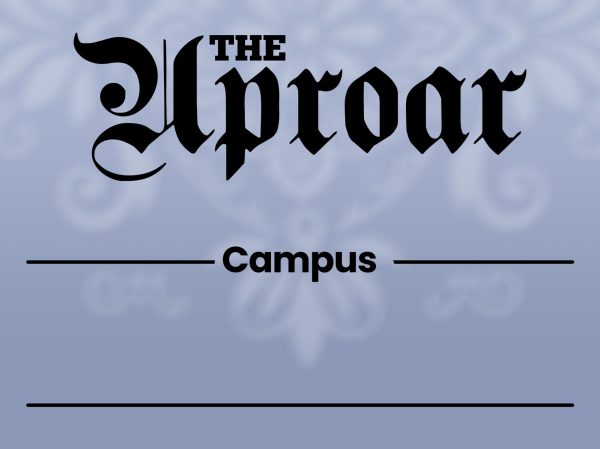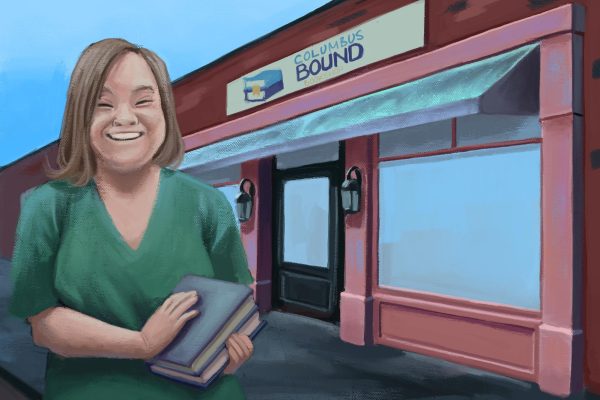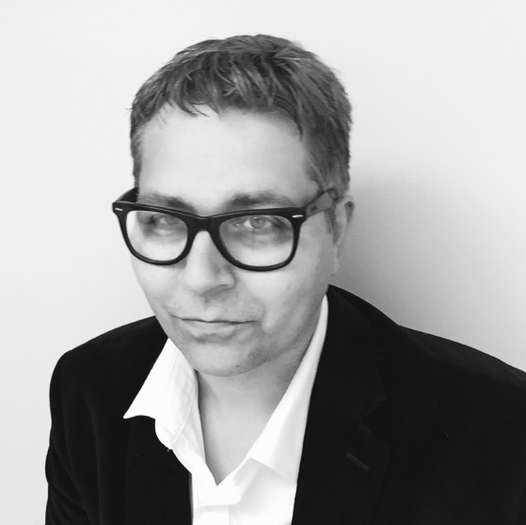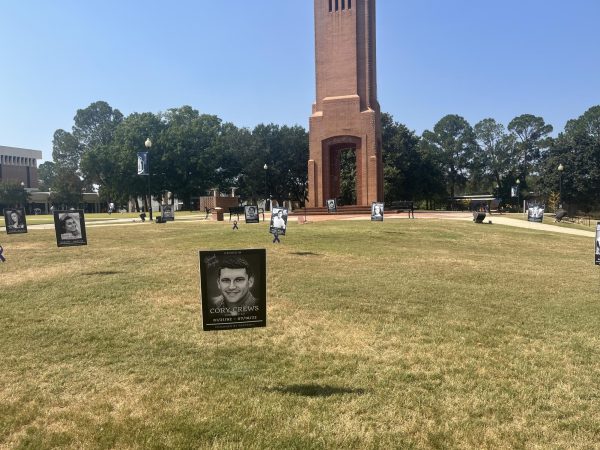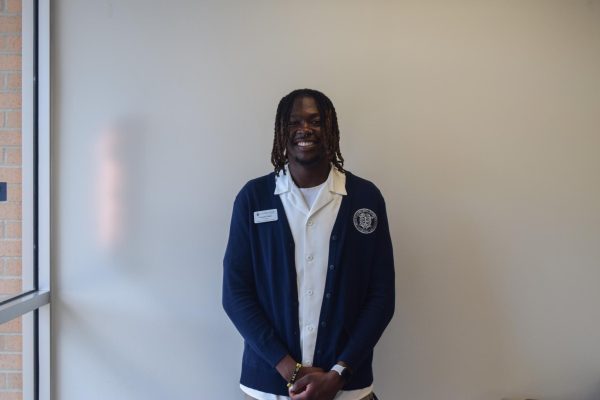Out @ Work: A discussion on being openly queer in the workplace
Chris Walker and his husband Charlie Walker; media provided.
On Tuesday, April 13, the Center for Career Design and Diversity Programs & Services held a virtual event to discuss being ‘out’ as a member of the LGBTQ+ community in the workplace as part of CSU’s pride week. Director of Career Design Jovan Johnson and Diversity Programs & Services Coordinator Johnnae Roberts hosted the panel.
The guest speakers for the panel were Dr. Dorian Rhea Debussy, Associate Director of Office of Diversity, Equity & Inclusion at Kenyon College in Ohio, and Ben Redding, a Columbus-based actor and producer.
Johnson and Roberts asked these speakers about their experiences working while queer as well as how their work impacts the community.
“You’d think that being in the theatre, it’s all been inclusive and wonderful […] but you’d be surprised about the HR snafus that go on in a rehearsal room that probably would not exist in any other workplace in the world,” Redding said when asked about creating safe spaces. “In places where I’m managing people, I always try to make it about the work. Our personal selves always enhance the work, but I think when you make it about the work, it makes the playing field level. You expect the same thing out of everyone.”
Dr. Debussy referenced a pride event that they organized, where they had to recognize that binary restroom options would not be acceptable, especially since knowing that they would be hosting nonbinary teens at the event.
“We had plenty of folks who were so excited – folks that didn’t even identify as nonbinary – that were thankful that we looked at the structural spaces of the festival and made sure they met the needs that everyone had,” they recalled. “We are talking about progress and not perfection, so we know we’re going to get critiques, and we want to accept them. Really use that in a way that can better inform what you’re doing not only in the moment and also in the future, too.”
The speakers also addressed how to determine if a potential job space is queer friendly. In June of 2020, the Supreme Court ruled that the federal ban on discrimination “based on sex” applies to LGBT employees. Unfortunately, as Dr. Debussy pointed out, these laws do not always prevent bigotry from impacting careers.
“Know your rights, as they pertain to the workplace but also so many other areas. Whether it’s housing, or healthcare, or something else,” they said. They suggested researching prospective employers ahead of time, even asking for a copy of their health insurance policies to learn what they cover. They also mentioned the Human Rights Campaign’s Workplace Equality Index, which shows different companies’ track records with protecting marginalized employees. However, not every workplace is represented in this index.
“I’ve always had some kind of LGBTQ volunteer work on my resume,” Dr. Debussy said. “I know I don’t get some callbacks because of this, but it’s a way to filter out potentially ending up in those [toxic] situations. But of course, do what you have to do, and for other folks that solution is different. […] If you see something in the workplace that is not right, speak up. If you’re working for a place that does not share your values and you have the ability to leave, consider that as an option. Obviously do what is safest for you, […] but don’t feel like you are ever trapped or beholden to a workplace that doesn’t value the folks that are working there.”
Redding agreed while offering another perspective, explaining how employees may need to work within a system. “Sometimes I’m in a work situation, and I feel like I’m making myself small. It might feel like I’m minimizing myself, but in a way I feel like I’m navigating to a place that will get me more open. Like I might have to put up with this awful job for six weeks to get to the next thing, so I might have to be a smaller version of myself right now. In those moments you find other people who are doing the same things and you learn how to be bigger for each other.”
For employees who suspect they are experiencing discrimination, Dr. Debussy suggested documenting the experience, reporting it to HR, and/or reaching out to the Equal Employment Opportunity Commission.
Additionally, the speakers discussed the misconception that queerness is a private matter that does not warrant discussion in the workplace. Dr. Debussy referenced how hiding one’s identity could have negative impacts, whether on work performance or mental and physical health. “We do know that there are a lot of benefits to people’s mental health when they are allowed to be simply out,” they said. “You are able to more fully bring yourself to your work. […] Yes, we do leave certain things when we come into work, but when they relate to identity that could be really challenging.”
For graduating seniors entering the workforce, Dr. Debussy suggested sharing pronouns as a way to test the waters for LGBTQ acceptance in the office.
“Even with people that I work closely with on a regular basis, I still share my pronouns because my pronouns were something one day, and one day they changed,” they said. “Don’t take it for granted.”
Christopher Walker, Residence Life Coordinator for Riverpark Campus, said that coming out is a never ending process, and he keeps a photo of his husband prominently displayed on his desk at CSU, partly as a way to “keep that conversation fluid.”
“I think it allows students to see a different part of my identity that may not be as visual,” Walker said. “I think having that visibility makes students a little more comfortable. […] It’s almost like a sigh of relief, like I can trust this person with what I‘m about to say. Allies are so important to our community, but when they hear ‘husband’ and see a man’s picture on my desk they automatically have that allyship formed.”
While Walker was unable to attend the Out @ Work event, he said that it was important to have these conversations, especially because it is not something that is learned in the classroom. He also mentioned that not every queer person is an expert on LGBTQ+ issues, and that he himself has learned a lot from students on the Riverpark campus.
“Don’t feel like because this is one part of your identity, it has to be who you are as a person,” Walker said. “Just be you. Don’t put on a front. Don’t feel like you have to code switch yourself. Just use your voice and use your experience to the benefit of whoever you’re working with.”

(She/her) Ashley is a theatre major who loves to focus on issues that concern the community of Columbus. She graduated from CSU in Spring 2021,




